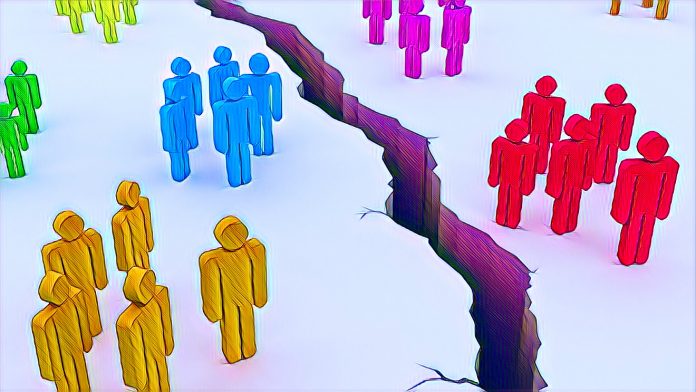KEY POINTS
- Tribalism in Nigeria influences hiring decisions, often favoring certain ethnic groups over others.
- Indigeneity policies create systemic barriers, restricting job opportunities for non-indigenes.
- Discrimination based on tribal identity and cultural marks leads to social rejection and employment bias.
Tribalism continues to significantly influence job opportunities in Nigeria, leading to discrimination and social exclusion in the labor market.
Discrimination based on tribal marks
People with traditional tribal marks encounter negative reactions when they seek employment.
Once symbols of cultural identity and status, these marks are now perceived negatively, resulting in social rejection and employment discrimination.
Studies reveal job-seekers with traditional tribal marks encounter major social rejection and discrimination from the job market.
Indigeneity policies and employment
The concept of “indigeneity” in Nigeria classifies citizens as indigenes or non-indigenes based on their ethnic origins.
The non-indigenous people encounter structured bias that restricts their possibilities for employment with government entities and enrollment in higher educational institutions.
A large number of people have denounced these policies due to the huge population they exclude and the secondary status they have created.
Ethnic favoritism in hiring practices
Ethnic discriminatory recruitment practices continue to exist throughout public as well as private employment institutions.
The preference for ethnic group candidates based on employer ethnicity produces unfair opportunities between groups while creating difficulties with workplace diversity.
This practice undermines meritocracy and perpetuates social divisions.
Social and psychological impacts
The implications of tribalism-based discrimination create both economic restrictions and psychological harm to targeted persons.
Individuals subjected to rejection along with stigma experience psychological distress which makes employment stability more challenging to achieve.
Hindrance to National unity and development
The practice of tribalism creates social fragmentation which impedes a nation’s ability to achieve economic growth together with development.
Deciding employment based on tribal relations instead of merit results in talent underutilization and operational inefficiencies thus affecting national development.
Conclusion
To fix the detrimental effect tribalism has on job access in Nigeria, individuals need to focus on hiring people based on skills and work to stop discriminating against ethnic groups.
National unity combined with embracing diversity opens the path for creating an inclusive prosperous society.



